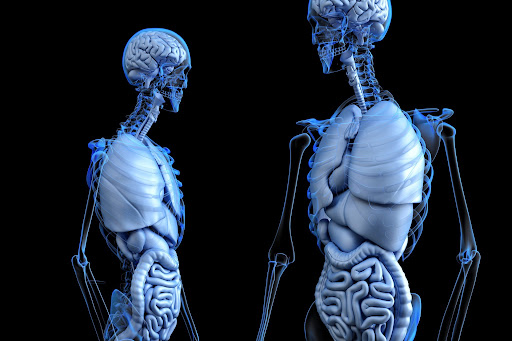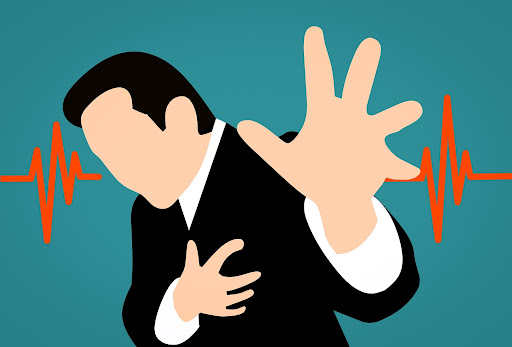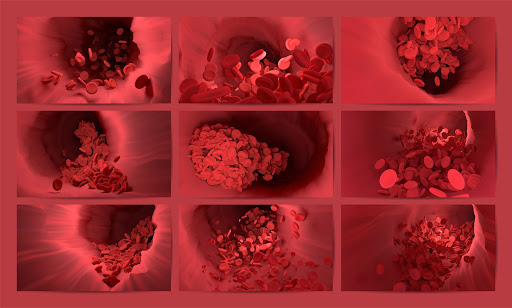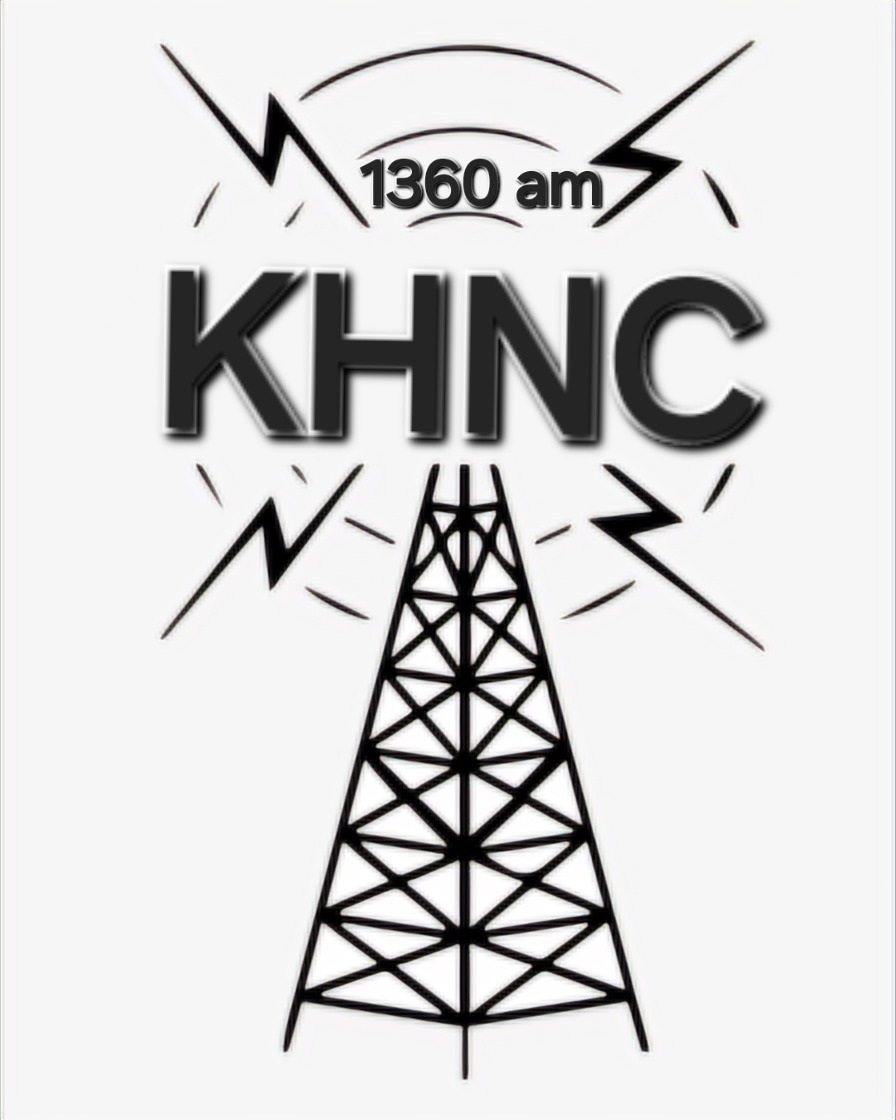
Heart attacks and strokes are one of the most common health issues. According to heart.org heart disease is the top cause of death in America. You are at a high risk for a stroke or heart attack if you have high blood pressure/ cholesterol, diabetes, are exposed to smoking, and have an unhealthy diet. When a heart attack happens, the coronary arteries become blocked and blood flow is unable to reach the heart properly. There are two different kinds of strokes, ischemic and hemorrhagic. Ischemic strokes occur when an artery that brings blood to your brain is blocked or clogged. There are two types of ischemic strokes: thrombotic and embolic. Thrombotic strokes occur when the clot is formed in an artery that already has plaque build up. Embolic strokes occur when the clot is formed in another part of the body (most often the heart) and moves towards the brain. A hemorrhagic stroke is caused by an artery in the brain leaking or bursting due to high blood pressure or other issues, such as aneurysms. Both heart attacks and strokes can affect men and women at any age, though they are more common as you get older. Do you know what signs to look for and when to see your doctor or call 911?
Men’s Heart Attack Symptoms
The most common symptoms for a heart attack in men is chest pain. The pain will often start as mild discomfort or there will be a sudden onset of severe symptoms. The sudden onset is not as common as the slow beginning. The chest will feel “full” or like it is being squeezed. Some people mistake this for heartburn. The feeling may last for several minutes or come and go. The blood not flowing properly could lead to pain in other areas of the body such as the upper part of the stomach, jaw or neck, one (usually left) or both arms, and possibly even your teeth. Shortness of breath may also occur along with cold sweats. If you have a majority of these symptoms call 911 and/or your doctor immediately.

Women’s Heart Attack Symptoms
As with men, women’s most common heart attack symptom is chest pain. However, women are more likely than men to experience symptoms such as cold sweats, shortness of breath, nausea/vomiting and back or jaw pain. Women are more likely to only experience a feeling of heartburn and much milder symptoms. Women may feel an uncomfortable pressure, squeezing, fullness or pain in the center of their chest. The pain could last more than a few minutes, or go away and come back. Pain or discomfort could be present in one or both arms, the back, neck, jaw or stomach. Shortness of breath could come with or without chest pain. If you believe you are having a heart attack don’t just take an aspirin and hope for the best, call 911 and/or your doctor immediately.
Stroke Symptoms
There are no stroke symptoms unique to men or women. The exact symptoms vary depending on which area of the brain is affected. Strokes often affect only the left or only the right side of the brain. Strokes can cause the inability to speak or understand speech, a strained expression, inability to move or feel a part of the body, and confusion. People can have sudden trouble seeing in one or both eyes, sudden paralysis, weakness, or numbness, most likely on one side of the body. Some people throw up or feel the urge to be sick. Fatigue or trouble breathing, sudden and severe headache with no known cause, sudden dizziness, trouble walking, or loss of balance or coordination are also major stroke symptoms. If you or someone you encounter are experiencing these symptoms call 911 immediately.

Acting F.A.S.T.
The CDC says acting F.A.S.T. can save a stroke patient’s life. The stroke treatments that are available only work if the stroke is recognized and diagnosed within 3 hours of the first symptoms. If you think someone may be having a stroke, act F.A.S.T. and do the following test:
Face: Ask the person to smile. Does one side of the face droop?
Arms: Ask the person to raise both arms. Does one arm drift downward?
Speech: Ask the person to repeat a simple phrase such as “the dog chased the cat around the tree.” Is the speech slurred or strange?
Time: If you see any of these signs, call 9-1-1 right away.
If you believe you or a loved one are having a stroke or a heart attack call 911 or make your way to the nearest emergency room. Note what time symptoms start and be sure to tell the 911 operator and emergency responders so they can tell the doctor. If you are alone and have to call 911 for yourself, try to unlock your door or be waiting on the porch for emergency responders in case you lose consciousness between the time you call and they arrive. This will also help you make it to the hospital as quickly as possible. Many people wait too long before seeking medical attention which can be detrimental to their life and health. Don’t take yourself for granted, recognize the symptoms and get the help you need.
